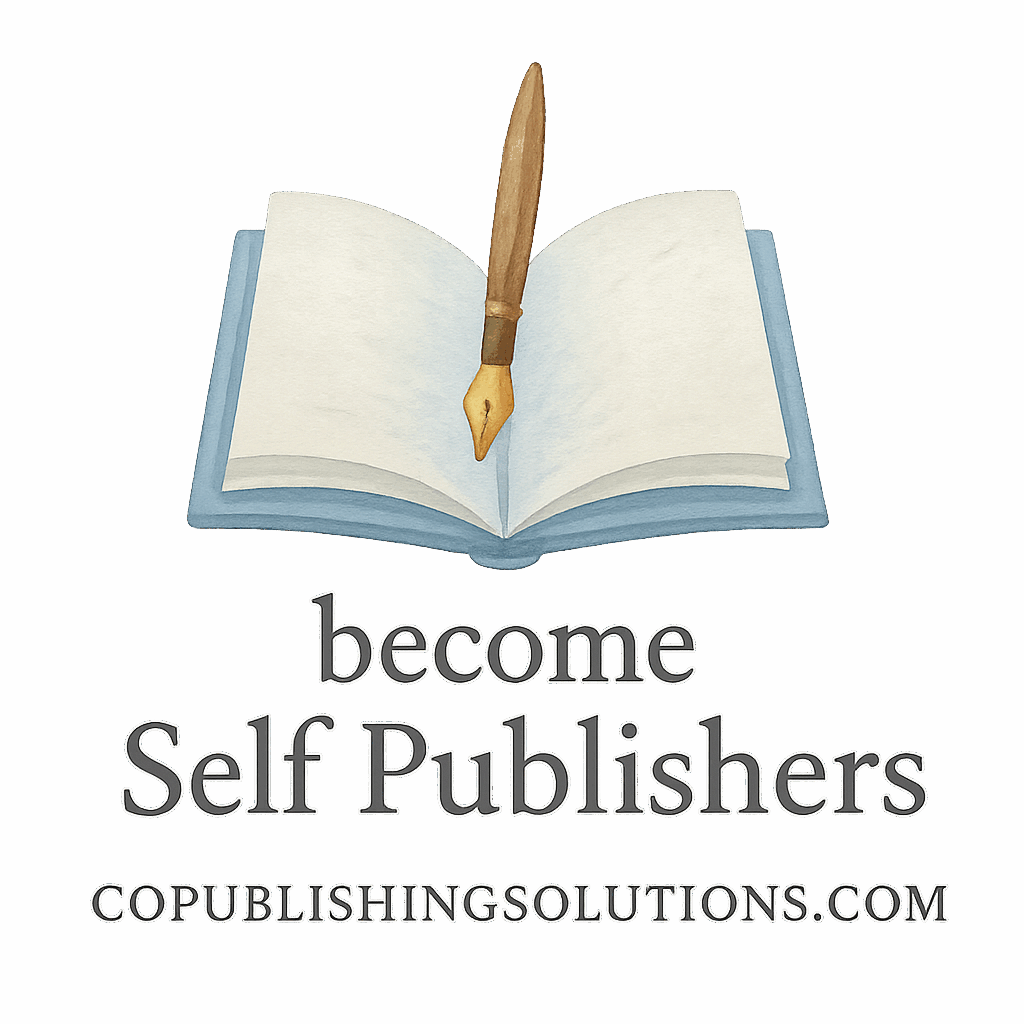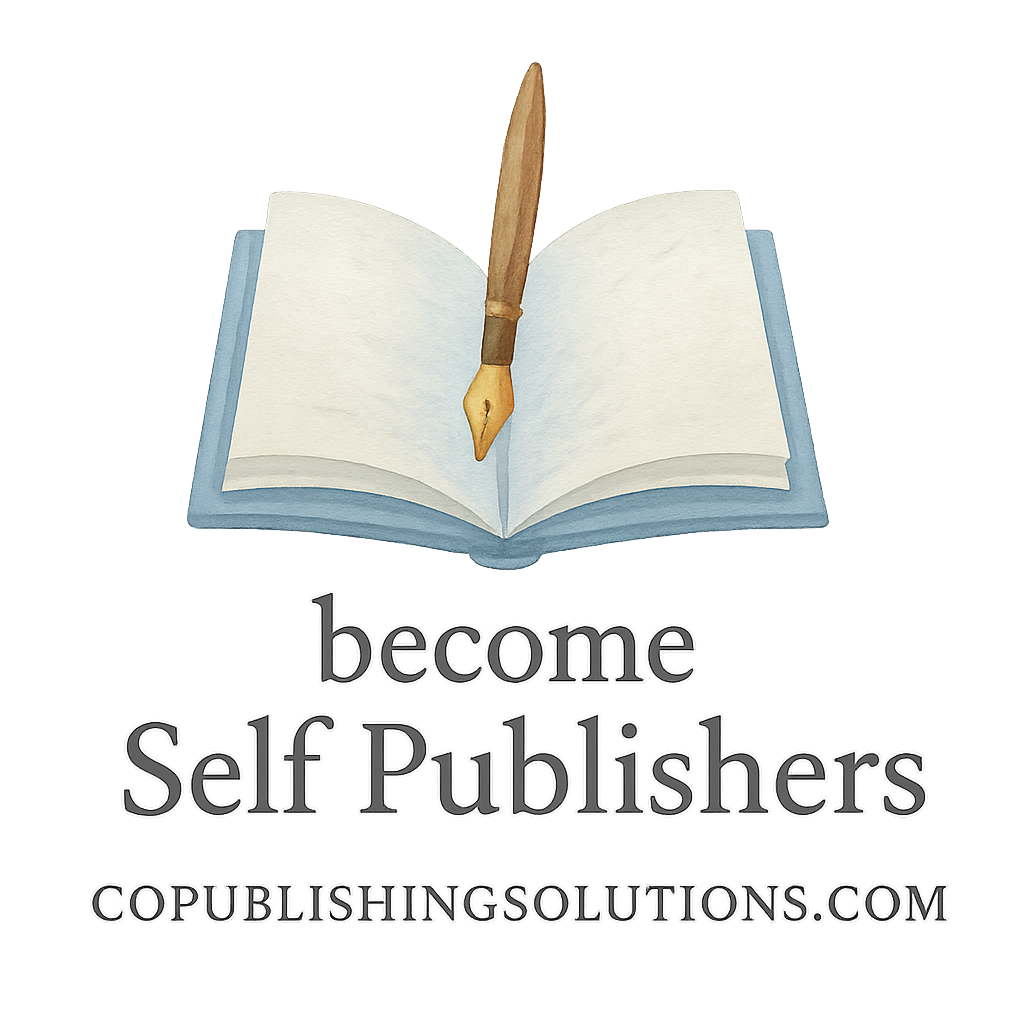Introduction: Why Free Tools Are a Game-Changer for Self-Publishers
Self-publishing has cracked open the world of books for anyone with a story to tell, but let’s face it—it can be overwhelming. Between writing, editing, designing, and marketing, it’s a full-blown production. The good news? You don’t need a massive budget. There are powerful, free tools that can help you thrive without spending a dime.
This guide introduces you to 10 must-use free tools every self-publisher should take advantage of—each one designed to simplify your journey from manuscript to marketplace. And we’re not just talking theory. These are tools used by successful indie authors around the globe.
Let’s dive in!
Tool #1: Canva – Your Visual Content Powerhouse
Designing Stunning Book Covers with Canva
First impressions matter, especially with book covers. Canva lets you design professional-quality book covers using drag-and-drop simplicity. You don’t need to be a graphic designer. Just start with one of their free templates and tweak it to fit your genre and style.
Tip: Use high-contrast colors and readable fonts—especially for thumbnails on Amazon or other platforms.
Creating Promo Graphics That Pop
Use Canva to create Instagram posts, Facebook ads, Pinterest pins, and more. Whether you’re announcing a book launch or building anticipation, eye-catching visuals are crucial. You’ll find templates perfect for every type of book marketing campaign.
(Explore more book design strategies here.)
Tool #2: Grammarly – Your Writing Assistant
Editing Smarter, Not Harder
No editor? No problem. Grammarly helps you catch grammar mistakes, awkward phrasing, and even tone issues. It’s like having a second pair of eyes—without paying a cent. The free version is robust enough for most indie authors.
Why Clarity Boosts Reader Engagement
A confusing sentence can make a reader drop your book faster than you can say “plot twist.” Grammarly ensures your writing is crisp, clear, and captivating—just like readers (and reviewers) love.
(Get more tips on writing that connects.)
Tool #3: Reedsy Book Editor – Formatting Made Simple
Formatting Without the Headache
Want your book to look as polished as a traditionally published novel? Reedsy Book Editor offers automatic formatting for both print and eBook versions. Choose from clean, readable templates and export with ease.
Collaboration Features for Co-Authoring
Working with a co-author? Reedsy allows for real-time collaboration and version tracking. That means fewer formatting issues—and more writing.
(Learn more about co-authoring benefits here.)

Tool #4: Google Docs – Seamless Writing Anywhere
Cloud-Based Convenience for Authors
Google Docs is perfect for writing on the go. It saves automatically, syncs across devices, and works offline. Plus, it’s totally free.
Real-Time Feedback and Collaboration
Need feedback from a beta reader or editor? Just share your doc and let them comment directly. Simple, fast, and effective.
(Great for beginners—check out our self-publishing basics.)
Tool #5: Trello – Keep Your Writing Organized
Planning Your Book Like a Pro
Writing a book is a marathon, not a sprint. Trello helps you stay on track with visual boards and checklists. Map out your outline, chapters, and deadlines—all in one place.
Using Trello Boards to Track Progress
Trello is amazing for keeping track of publishing steps—like editing, formatting, and launching. Each card becomes a publishing step you can move through your process.
(Want to build a winning publishing strategy? Start here.)
Tool #6: Amazon KDP Calculator – Plan Your Royalties
Know Your Profit Margin in Advance
Before you price your book, head to the KDP royalty calculator. It helps you estimate earnings based on page count, pricing, and region. Smart planning = smart profits.
Smart Pricing for Maximum Book Sales
Not sure what to charge? Test multiple price points to see what resonates with your audience while maximizing book sales.
(More on monetization strategies here.)
Tool #7: Mailchimp – Build an Email Audience
Nurture Your Fans and Sell More Books
An email list is gold. Mailchimp’s free plan allows you to collect subscribers and send out newsletters. Announce launches, share behind-the-scenes updates, or offer sneak peeks.
Simple Campaigns That Drive Results
Use pre-built templates to send emails that look professional and feel personal. Stay connected to your readers and buyers with minimal effort.
(Dig deeper into marketing & monetization.)
Tool #8: Hemingway App – Clean Up Your Writing
Make Your Content Reader-Friendly
Hemingway App highlights long sentences, passive voice, and adverbs—so you can make your writing punchier and more engaging.
Shorter Sentences = Better Engagement
Why say in 25 words what you can say in 10? Hemingway ensures your prose is tight and reader-approved.
(Learn to structure your book pages for max impact.)
Tool #9: Pexels – Free Stock Images for Content Marketing
Add Imagery to Blogs, Ads, and Social Posts
Pexels offers thousands of royalty-free images you can use to spice up your blog posts or marketing visuals. No copyright worries, and no fees.
Visuals That Resonate with Readers
Add images to your author website or newsletter for a professional, engaging touch that boosts credibility.
(Promote your publishing business with style.)
Tool #10: Copublishing Solutions Platform
One-Stop Hub for Self-Publishing Resources
From self-publishing basics to advanced strategies, Copublishing Solutions offers an incredible collection of guides, articles, and tools for indie authors.
Explore Publishing Growth, Monetization, and Tools
Browse sections like publishing tools & platforms, book structure, and passive income. It’s a goldmine for anyone serious about making money from writing.
Integrating These Tools Into Your Publishing Workflow
You don’t need to master all 10 tools overnight. Start with one or two, get comfortable, and then expand. These tools complement each other, forming a powerful ecosystem to support every phase of your publishing journey—from writing to book sales and beyond.
Conclusion: Let Technology Work for You
Let’s be honest: self-publishing can feel like climbing a mountain barefoot. But these 10 free tools? They’re like giving you hiking boots, a GPS, and a personal coach.
They save you time, keep your book professional, and help you actually make money doing what you love. So don’t let budget stop you. With the right tools—and a little grit—you’ve got everything you need to publish successfully.
FAQs
1. Can I publish a book for free using these tools?
Yes! Most tools here are completely free and cover writing, editing, formatting, and marketing.
2. What’s the best tool for formatting my eBook?
Reedsy Book Editor is perfect—it’s free, user-friendly, and creates professional-quality files.
3. How do I grow my reader audience as a beginner?
Start by building an email list with Mailchimp and connect with readers through newsletters and social posts.
4. Which tool is best for book cover design?
Canva! It’s intuitive and has templates tailored for books, including genre-specific options.
5. How can I make my writing clearer and more engaging?
Use Grammarly and Hemingway App together. One polishes grammar, the other trims fluff.
6. Is there a free way to calculate my book royalties?
Yes. Use the Amazon KDP Calculator to estimate potential earnings based on pricing and region.
7. Where can I find more self-publishing guidance?
Check out Copublishing Solutions for expert insights, tools, and strategies tailored to self-publishers.


